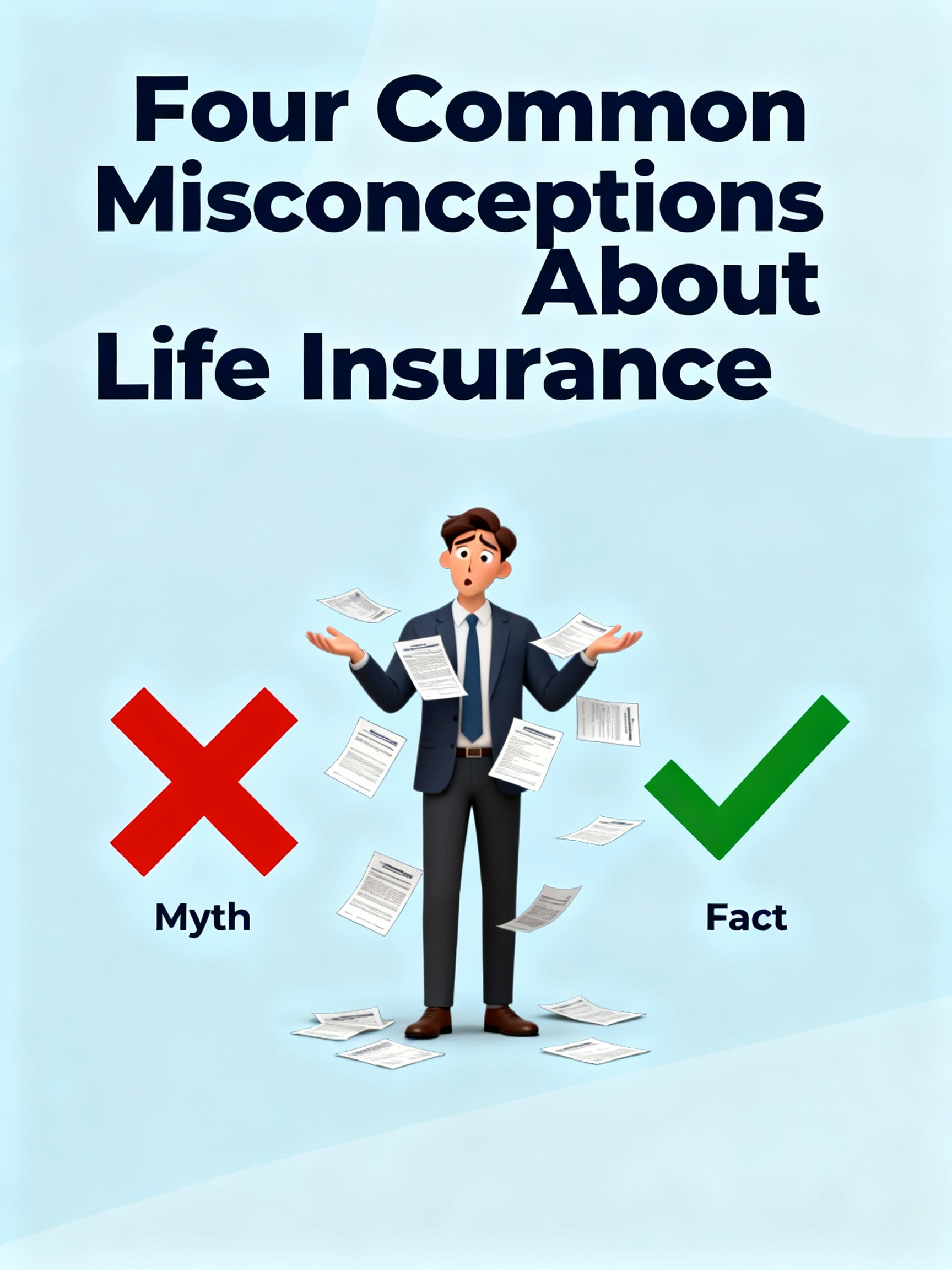Insurance Agents, Dog Breeds, and Coverage Challenges
Published Date: 07/09/2024
In the often confusing world of insurance, communication and understanding can make all the difference. That was the core message from Karl Susman, host of Insurance Hour, as he tackled a wide range of listener questions in this episode — from unresponsive insurance agents to dog owners struggling to get homeowners coverage.
What followed was a blend of empathy, education, and practical advice for navigating the real-life frustrations policyholders face in today’s unpredictable insurance landscape.
What to Do When Your Insurance Agent Won’t Call You Back
One listener shared a breaking-point level of frustration:
“My insurance agent won’t return my calls. Can I get her in trouble or report her to the police?”
Susman acknowledged that a consumer does have formal options for escalating a complaint — including contacting the agent’s employer or filing a complaint with the Department of Insurance. But he stressed that those steps should be a last resort.
Instead, he encouraged starting with respectful, direct communication.
“Try and work with them,” Susman advised. “We’re all people too. Maybe they’re having a bad day or something’s going on in their life. Before you go nuclear, try sending an email or leaving a kind voicemail asking for a callback.”
In his experience, calm persistence is far more effective than confrontation.
Why Empathy Often Works Better Than Escalation
Susman reminded listeners that insurance agents, like professionals in any field, vary in skill and responsiveness.
“There are good agents, average agents, and bad agents,” he said. “Just like doctors, lawyers, or mechanics.”
He shared a piece of wisdom from his father: even someone who barely passes medical school still becomes a doctor. Credentials alone don’t guarantee service quality.
If communication continues to fail after reasonable attempts, Susman outlined a clear path forward:
- First, contact the agency manager or company customer service.
- If that fails, file a complaint with the state Department of Insurance.
- If necessary, change agents or carriers entirely.
But in most cases, he emphasized, respectful communication resolves the issue without damaging the relationship.
“You’re paying for your policy,” Susman said, “but you’re also dealing with another human being. Giving someone the benefit of the doubt often goes a long way.”
Why Your Dog Can Affect Your Homeowners Insurance
Another listener questioned why her dogs were preventing her from getting a simple homeowners insurance quote.
“It’s my home I want insured, not my doggies!”
Susman, a dog lover himself, sympathized but explained the connection from an underwriting perspective. Homeowners insurance doesn’t just protect the structure — it also provides liability protection.
If a dog bites someone, that incident can trigger a liability claim under the homeowners policy. Medical bills, legal fees, and court awards can all become the insurer’s responsibility.
“Your policy doesn’t just protect your house,” Susman explained. “It protects you if someone sues you. And dog bites are one of the most common liability claims in homeowners insurance.”
The Role of Statistics in Dog Breed Restrictions
Insurance companies rely on actuarial data to assess risk. Certain dog breeds have historically been associated with higher frequencies and severities of bite-related claims.
“It’s not about judgment or stereotypes,” Susman said. “It’s just math.”
Even if an individual dog has never shown aggression, insurers base underwriting decisions on large-scale claims data — not personal assurances.
Susman illustrated the unpredictability of risk with a classic joke about a man being bitten by a dog after being told it wouldn’t bite, underscoring the difference between confidence and reality.
Commonly Restricted Dog Breeds in Insurance Underwriting
While Susman did not list breeds on the show, the industry commonly restricts or closely scrutinizes breeds such as:
- Pit bulls and Staffordshire terriers
- Rottweilers
- Doberman pinschers
- German shepherds
- Akitas and chows
Each insurance carrier maintains its own underwriting guidelines, so restrictions vary widely between companies.
“It might not feel fair,” Susman said, “but it’s how carriers manage exposure.”
What to Do If You’re Denied Coverage Because of Your Dog
A homeowners denial due to dog ownership doesn’t mean you’re out of options. Susman shared several practical alternatives:
- Work with an independent broker who can access specialty and surplus lines carriers.
- Ask about specific liability riders or endorsements for animal-related risk.
- Provide documentation such as obedience training certifications, vaccination records, or behaviorist reports.
- Consider umbrella insurance to add extra liability protection above your homeowners policy.
“The key is working with someone who knows the market,” Susman said. “There are still ways to get insured.”
Why Insurance Decisions Are Based on Math, Not Emotion
Both listener questions highlighted a core principle of insurance: underwriting is driven by statistics, not personal feelings.
Carriers do not evaluate risk based on how careful, kind, or responsible someone feels. They rely on decades of claims data, loss ratios, and probability models to remain financially solvent.
“Statistics aren’t warm and fuzzy,” Susman noted. “They’re just math. It isn’t always fair in individual cases, but it’s how the industry functions.”
Understanding this helps policyholders make sense of exclusions, premium increases, and underwriting decisions that otherwise feel arbitrary.
Key Lessons for Policyholders
From this episode, several important takeaways emerged:
- Communication beats confrontation when dealing with agent issues.
- Insurance underwriting is based on statistical risk, not personal trust.
- Education empowers consumers to make better coverage decisions and avoid costly surprises.
Final Thoughts: A Friend in the Business
As the episode wrapped up, Susman reflected on the purpose of Insurance Hour: to be a trusted, straightforward guide through an often frustrating system.
“I want you to have someone you can trust,” he told listeners. “Someone who can help you understand what’s in your policy and how it affects what you’re paying.”
In a time when premiums are rising, coverage options are shrinking, and confusion is widespread, that kind of clarity may be the most valuable protection of all.
Author






